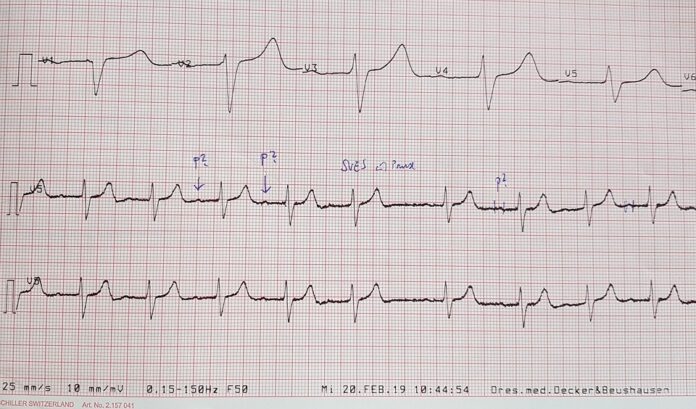Sinus bradycardia is a type of arrhythmia that occurs when the sinus node in your heart slows down the transmission of electrical impulses. This can cause your heart rate to drop below 60 beats per minute. Sinus bradycardia often causes no symptoms but can sometimes lead to lightheadedness, dizziness, or fainting. You should seek medical attention immediately if you experience any of these symptoms. This article will discuss sinus bradycardia ecg and what you need to know about it!
An electrocardiogram (ECG) is a test that records your heart’s electrical activity. It can help diagnose sinus bradycardia by showing if your heart rate is lower than normal — usually below 60 beats per minute. An ECG will also show the size and shape of your heart’s chambers, the electrical pathways of your heart, and any signs of damage to the walls of your heart.
In conclusion, sinus bradycardia ecg is a condition that can cause your heart to beat slower than normal. The main symptoms of sinus bradycardia include dizziness, lightheadedness, and fainting.














